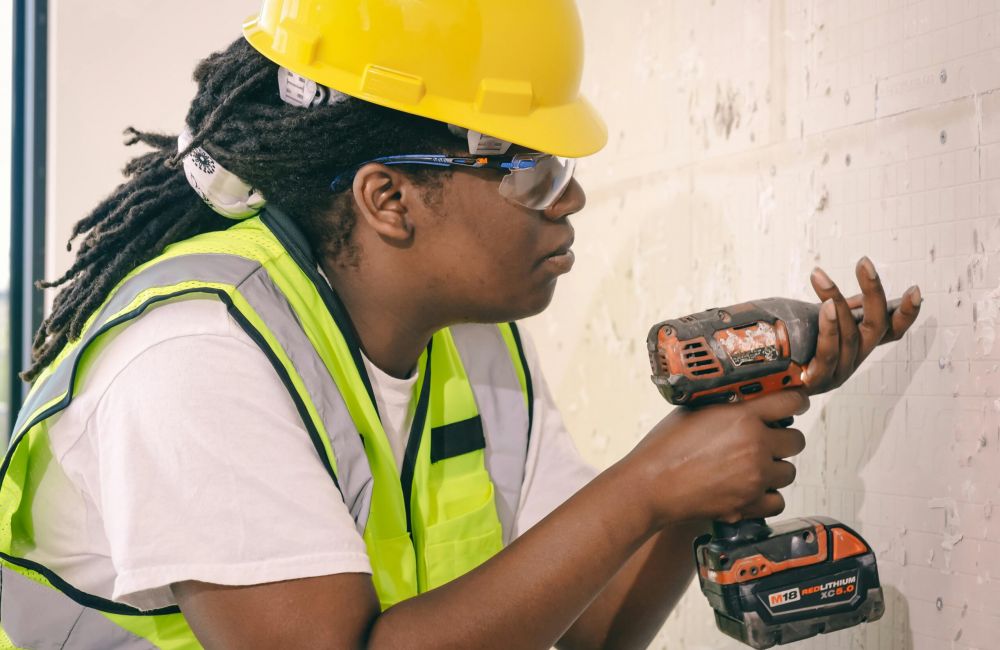The Office of Federal Contract Compliance Programs (OFCCP) from the U.S. Department of Labor recently created a new guide to combat discrimination and harassment in the construction industry. We’re here to tell you about it.
Combatting Harassment in Construction
A common risk in the construction industry is sexual harassment and gender discrimination. To help employers reduce risk, the guide provides best practices. It’s intended to help the public understand the agency’s influence in the construction industry, make it easier to identify harassment, and provide information and guideance for federal contractors and their teams.
Federal Contractor Obligations
First, OFCCP is a federal agency in the U.S. DOL that protects workers, promotes diversity, and enforces the law. So it’s not always considered a friendly player by construction companies. But its publication is a good reminder, and that’s why we’re bringing it to your attention.
The guide provides insight on what exactly employers need to keep in mind. Federal construction contractors are required to make good faith efforts to meet participation goals for minorities and women and take actionable steps to maintain a work environment free of harassment, intimidation and coercion. This is true at home offices, headquarters, construction trailers, and in the field.
Recommended Best Practices
Among other things, the OFCCP guide recommends the following:
- Communicate to all that harassment will not be tolerated;
- Provide examples of harassment to give employees a better understanding of what constitutes harassment;
- Provide training to staff and other relevant playerss on how to identify and combat harassment;
- Publish equal employment opportunity policy statements prohibiting unlawful harassment;
- Develop formal procedures on how to handle and investigate reports of harassment;
- Take immediate, appropriate action when an employee reports harassment;
- Promote a respectful workplace culture for all; and
- Share relevant information both visibly and in a language that workers understand.
Applicability
Admittedly, the OFCCP guide applies only to federal contractors that meet certain criteria. So this guidance may not explicitly govern your company.
However, whether you’re a federal contractor or not, the guidance reflects best practices to reduce and to minimize your exposure to claims of harassment and discrimination in your workplace. And given the upcoming change in the Administration, it’s quite likely that New York employers will find New York law to become more stringest than federal law in the areas of sexual harassment and discrimination.
The Final Word
As a result, it just makes sense to employ these best practices in your workplace. This is true if you operate a construction company or any other kind of company in New York. Best practices are best practices for a reason – and that’s to keep your company off the hot seat and minimize any liability.
Remember that New York arguably is tougher on employers in the area of sexual harassment. In fact, all of the fed’s best practices are required by New York’s sexual harassment prevention law.
That law also requires annual training on sexual harassment prevention for every single employee, part-time, full-time, and seasonal. To help you remain complaint – yet another best practice – we’ve got an efficient online training class you can distribute to your employees, here.
As always, if you need assistance with these or any other employment-related issues, reach out to us at info@coppolalegal.com or 716.839.9700.
We’re here to help.

